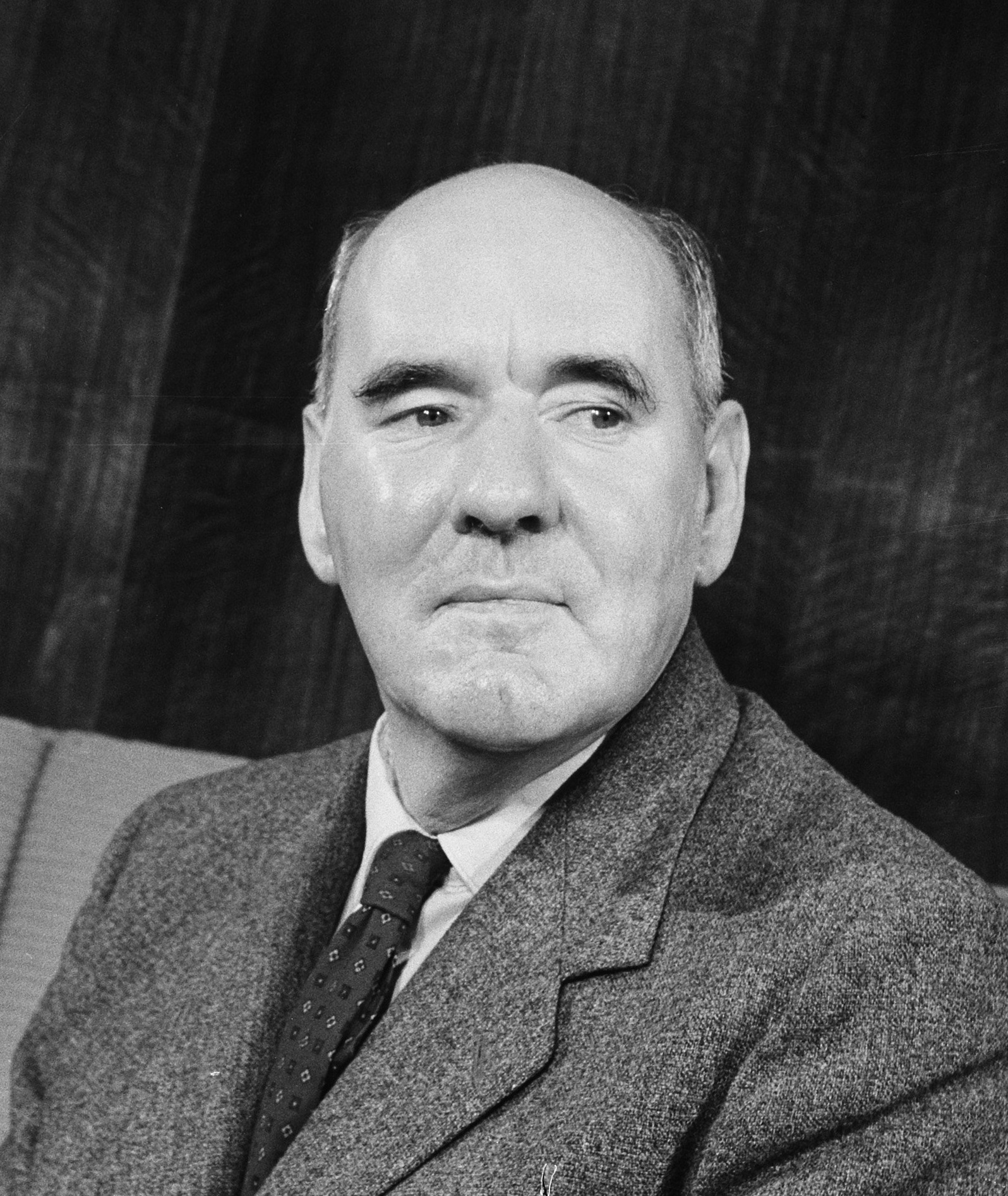“Expansão significa complexidade; e complexidade, decadência.”
Expansion means complexity and complexity decay
The law of longer life - Página 211, de Cyril Northcote Parkinson, Herman Le Compte - Publicado por Troy State University Press, 1980, ISBN 0916624315, 9780916624316 - 253 páginas
